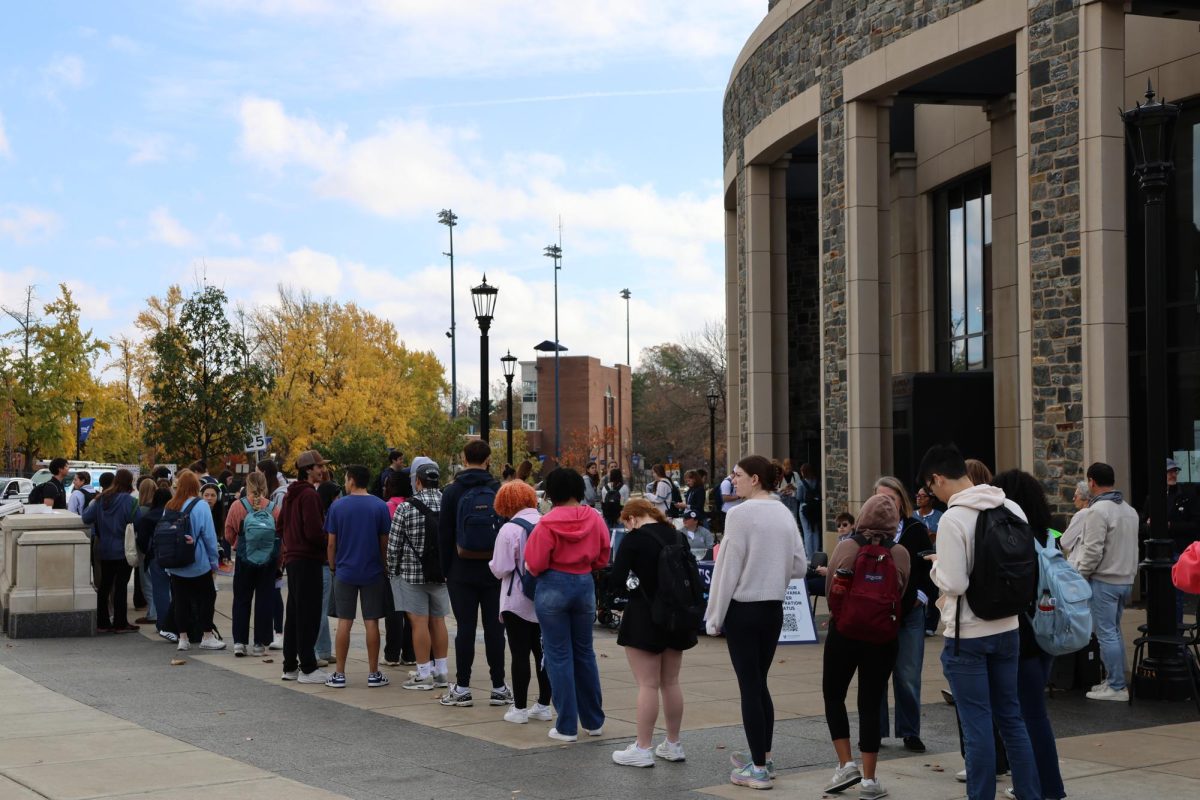The right to vote is one of the most important tools that citizens have in a democracy. After analyzing the political landscape of the United States, democracy and republicanism can be seen in different ways. However, using the right to vote is one of the most meaningful ways that people can make their voices heard.
After reading some articles about this year’s presidential election and past elections, I concluded that political endorsements are influential for some individuals since they can change their voting decisions due to the endorser’s credibility, target audience and purpose. However, for other voters, political endorsements have no impact at all on their voting decisions since they already have a clear idea about their political party and candidate preference. Regardless of each individual’s view about endorsements, political endorsements also have the power to encourage people to vote and to help undecided voters in their decision.
During the most recent election, President-Elect Donald Trump and Vice President Kamala Harris received various endorsements throughout their campaigns. Their endorsements were seen in several media outlets, such as interviews, campaign rallies and media sources. For Trump, according to Deadline, some of his supporters were Mel Gibson, Elon Musk and Robert F. Kennedy Jr, among other celebrities. On the other hand, according to Deadline, some of Harris’ supporters were Taylor Swift, Beyoncé and Viola Davis, among other celebrities. Each celebrity appeals to a different target audience, allowing them to drag voters in various demographics.
According to CBS News, an interesting fact about this year’s election is that “The Washington Post, along with other companies, decided not to endorse a candidate for this year’s presidential election, a decision that was followed after Jeff Bezos, the newspaper owner, decided not to endorse anyone. While this decision created mixed reactions from many individuals, it also decreased about 200,000 of The Washington Post’s subscriptions.” This situation caused anger in some individuals and left them questioning the newspaper’s decision not to endorse any political candidate this year.
Social media and other digital marketing tactics have helped political endorsers reach a wider audience since they can set preferences for their target audience or even create one from scratch using factors such as age, income, education, region, and interests. For many young voters across the nation, this might have been their first election and endorsements on platforms like Instagram and X played a role in their voting decisions. Back in September of 2024, when Taylor Swift endorsed Vice President Kamala Harris on Instagram, there were 337,826 users who visited vote.gov as a result of her post. Although not all visitors might have registered to vote, it likely encouraged individuals to register and vote. At the end of the day, while I am aware that political endorsements can have an impact on election outcomes, they are also not necessarily the most important factor in voting outcomes. I hope individuals do research about a political party and candidate to make an informed decision when voting rather than voting based on an endorser’s preference.
.




